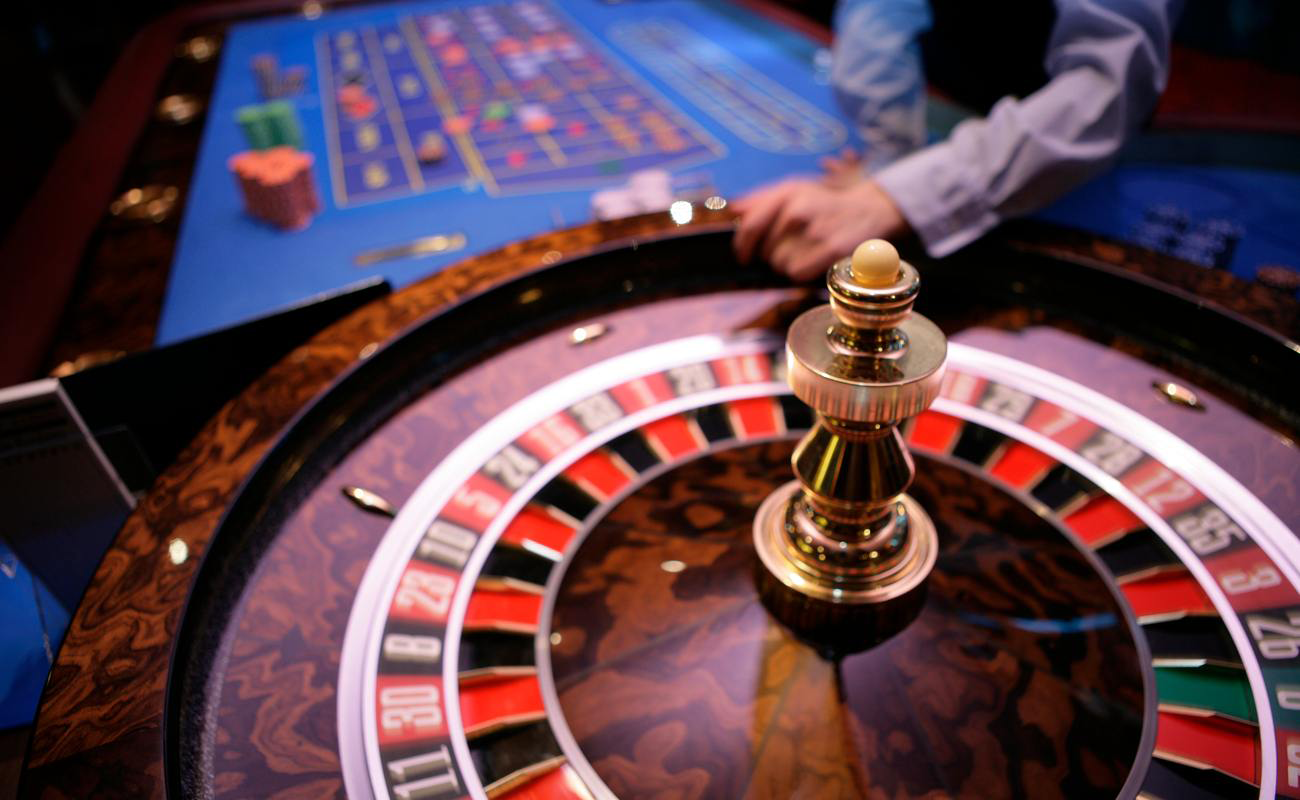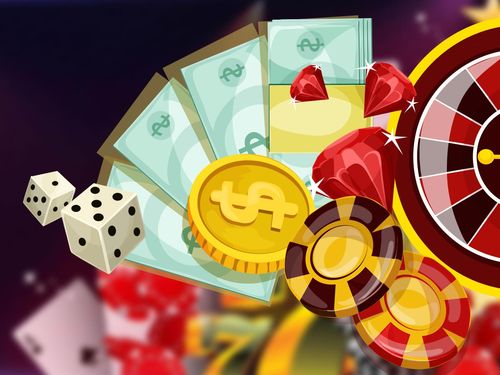The online gambling industry is facing a new challenge – the rapid development of machine learning. As artificial intelligence strengthens its position, interest in whether neural networks can beat the casino by applying mathematical approaches to game analysis is growing.
On this wave, stable myths, inflated expectations, and hypotheses are formed, which only partially correspond to reality. Understanding where legends end and technical potential begins allows for an objective analysis of the mechanisms used in gambling.

Can neural networks beat the casino: common myths in gambling
The popularity of AI in mass culture has generated a large number of misconceptions regarding its application in gambling. Some of them are actively supported in the online community, while others are formed based on individual cases taken out of context. Before evaluating whether neural networks can beat the casino, it is advisable to identify key myths:
- AI can hack any slot and predict the outcome;
- algorithms ensure guaranteed winnings with the right settings;
- any advantage over the casino is related to the use of neural networks;
- AI is not detected by the security system;
- machine learning allows bypassing restrictions on bets and limits.
In reality, most of the statements do not withstand scrutiny. Neural networks can indeed process large amounts of data, make forecasts, identify patterns – but within a limited model and with a historical database. They cannot violate the fundamental principles on which the random number generator is based.
What justifies expectations?
Alongside myths, there is also a justified technical basis. AI can demonstrate efficiency in analyzing behavioral models, estimating probabilities, and simulating game sessions. Formats where game theory, strategic elements, and the influence of the human factor are involved are particularly promising. The interest in whether neural networks can beat the casino is based on the following factors:
- access to statistics on millions of bets;
- increasing computational power;
- development of hybrid architectures (reinforcement learning and convolutional networks);
- active application of AI by operators themselves;
- emergence of open-source solutions based on Python, R, and TensorFlow.
In combination, these factors create the expectation that AI can go beyond analytics and become a player. However, it is important to understand: a neural network does not possess intuition, emotion, or flexibility in non-standard situations. It operates on data, not luck.
How AI helps win in a casino: where neural networks really work
In practice, the application of AI in gambling is effective in several directions. It is not about directly influencing outcomes, but rather about supporting decision-making, managing bankrolls, and modeling game logic.
In poker, AI can take into account not only cards and probabilities but also opponents’ tactical errors. Game theory, behavioral analysis, and expected value calculations are used.
Prediction models for sports betting are based on years of statistics, current form, odds, and external factors. In live dealer games, AI assists in tracking the pace of deals, the likelihood of repetition, and the dealer’s reactions. Despite randomness, certain patterns can be observed during a session.
In all three cases, the answer to whether neural networks can beat the casino sounds positive – but with strict limitations. Victory is not always possible, and the advantage lies only within a confidence interval.
Why misconceptions arise – behavioral reasons
A player’s psychology shapes expectations that do not always correspond to reality. The complexity of the interface, losses, and successes due to random circumstances are often attributed to external factors. In an attempt to explain the result, an illusion of algorithmic predictability arises.
Platforms exploit this effect. Marketing, interactivity, customization, and gamification lead to the conclusion that the system “remembers” the player, adjusts the RTP, and reacts to bets. Against this backdrop, interest in whether neural networks can beat the casino intensifies, as if the system is not random, it can be decoded!
However, any fluctuations in RTP are within the norm. Individual series of wins or losses do not prove the existence of an algorithm – they only confirm volatility.
Potential risks of using AI: banning neural networks in gambling
Attempts to exceed permissible limits are associated with numerous consequences. Platforms increasingly implement technologies to detect suspicious activity, scan account behavior, and apply automatic moderation. The question of whether AI can be used in online casinos becomes a legal issue – even if intervention is limited to external analytics. Among the main risks are:
- account blocking;
- voiding winnings;
- refusal to withdraw funds;
- being included in violators’ databases;
- legal claims in case of hacking.
If a user violates the fair play policy, they face sanctions. Even using third-party software for input automation can be considered circumvention.
Real potential of neural networks: not a strategy, but a tool
In practice, neural networks in gambling are useful not as a means of deception, but as an analytical tool. When used within the law, they can:
- structure the gaming process;
- minimize emotional losses;
- maintain discipline;
- help determine optimal strategies;
- reduce financial risks during extended sessions.
In such conditions, AI becomes a digital advisor, not a competitor to the casino. Therefore, the discussion of whether neural networks can beat the casino should be shifted to the realm of productivity, not victory.
Community Perspectives: Between Enthusiasm and Pragmatism
The community around AI gambling is divided into two camps. Some create complex models, write bots, and test strategies on simulators. Others take a more rational approach – record statistics, manage bankrolls, and monitor emotions. The latter approach is much closer to reality.
Many forum members and closed group participants acknowledge that even with the most accurate calculations, victory is not guaranteed. Therefore, the question of whether neural networks can beat the casino remains a subject of theoretical discussions rather than practical results.

Conclusion
Reassessing the capabilities of AI in gambling leads to inflated expectations and the risk of rule violations. Despite the high level of technological development, a definitive positive answer cannot be given to the question of whether neural networks can beat the casino.
In disciplines with strategic elements, neural networks can be useful. But where pure chance operates (slots, roulette, baccarat) – they are powerless. The real potential of AI lies in support, analysis, and management. Not in replacing luck or ensuring guaranteed victory!
 en
en  de
de  ar
ar  es
es  nl
nl  hi
hi  fr
fr  it
it  pt
pt  el
el 










